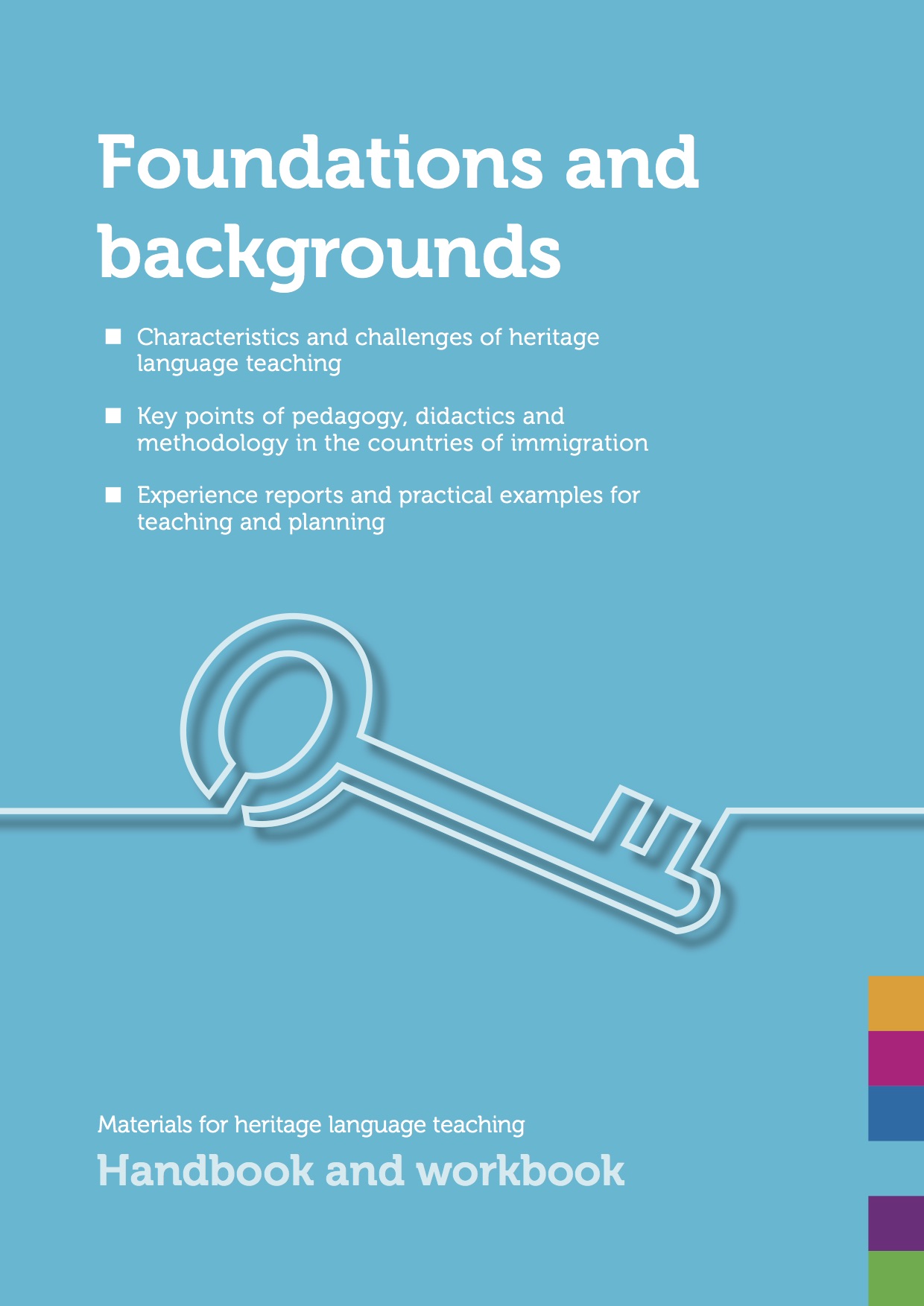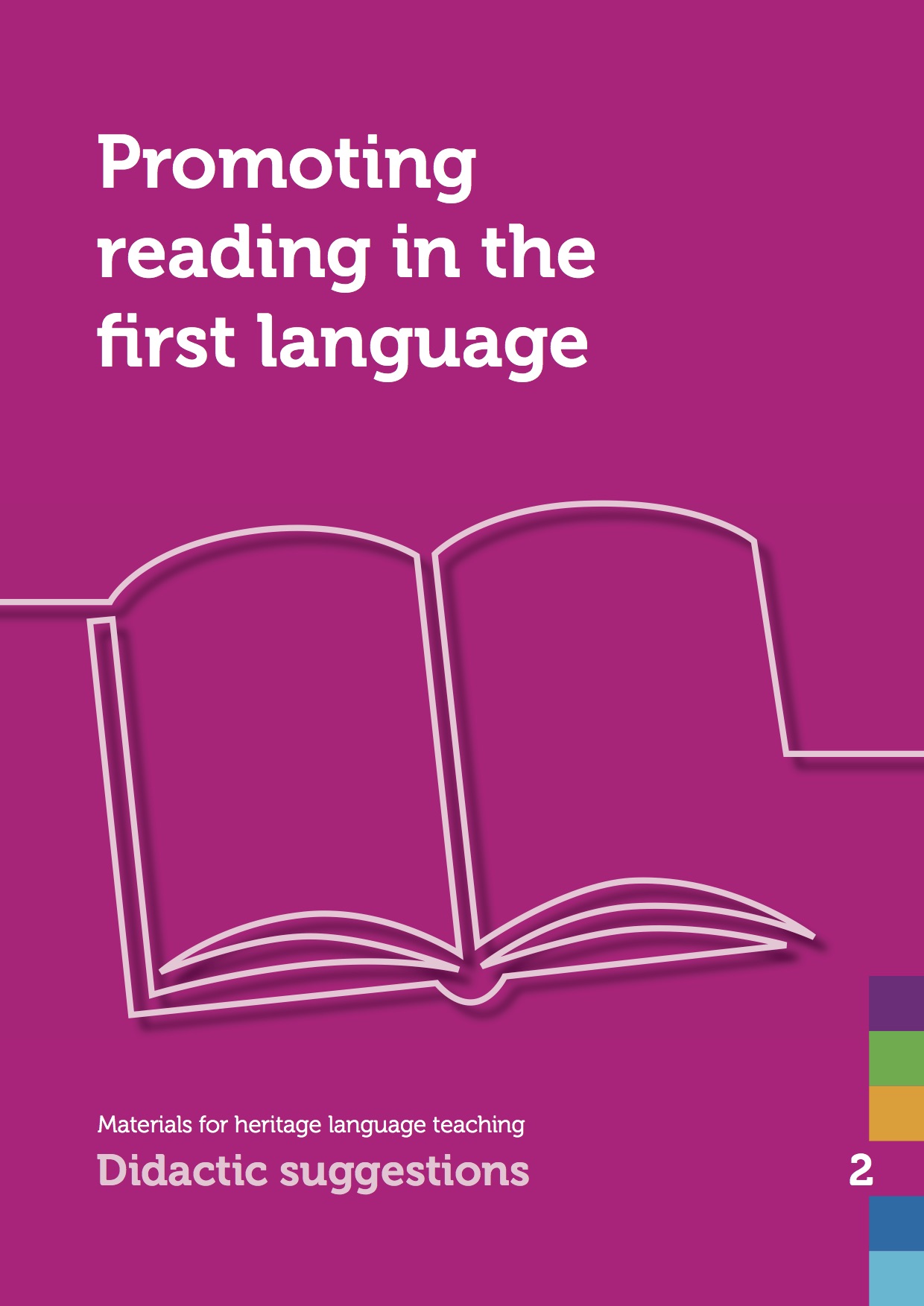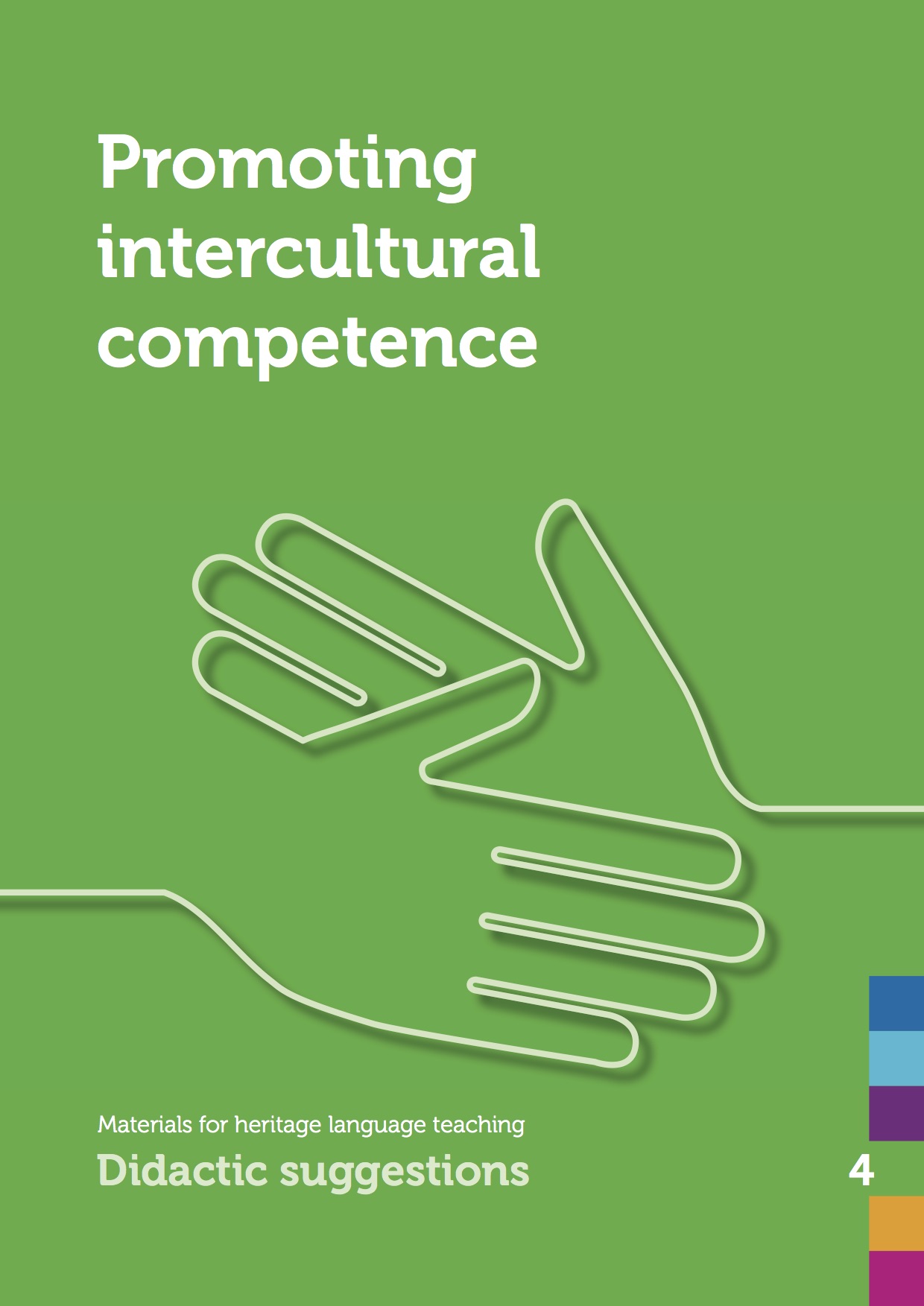Hints:
- In most cases, there exist dialectal variants and a standard form in the first language as well as in the language of the immigration country. These must of course be discussed. (Many HLT students experience most of the difficulties with the standard variant of their first language.)
- The topic can be addressed with various, age-appropriate specific questions. Students could also work on these questions in different level-specific groups and then present the results to each other.
- Normally, the project is distributed over two weeks (introduction in the first week, execution thereof in the second week). The above referenced “language outlines” are a good introduction to the theme.
Procedure:
- The instructor introduces the project and the exact formulation of the question (possibly an age-appropriately differentiated task, see above). The students receive clear guidelines for the continued assignment (e. g. collect the requested information until next week and bring to class with corresponding notes). For a list with possible questions, see below.
- In the subsequent week, the results of the assignments are compiled and possibly summarized on a poster and presented in class. Depending on the focus, a written text or a discussion may ensue where students reflect on their insights gained through this project.
- Possible questions:
- All levels: my first words or sentences in the first and second language (ask parents); funny mistakes and blunders in the first and second language (misunderstood and erroneously applied terms); important resource persons when learning the first and second language.
- Middle and upper level: what were my particular difficulties in learning the second language? How did I learn, what strategies did I have and still have? Which aspects are still problematic for me and how could I overcome them? Variant: a presentation of funny language misunderstandings as a sketch.
- Middle and upper level: What can I do well in my first language and in which areas do I still experience difficulties?
- Middle and upper level: dialect and standard variant in the first and second language. Which form do I apply in a given situation? What is my emotional connection to both variants, what is the reason for acquiring the standard language (what is it good for, particularly also in terms of the first language)?
- Middle and upper level: growing up with and in between two languages. What are the advantages, but also the problems relative to growing up monolingually? – Will I raise my own children bilingually as well, why, why not?
- Middle and upper level: experiences of the parents or the grandparents upon moving into the new language environment. How did they fare, what difficulties did they experience, how did they manage?
It might be useful to compile a few key questions for an interview, and maybe also record parts of the interview on a recording device. - Upper level: different languages often have a prestige that varies considerably. How is this in terms of our first language, what kinds of experiences have I already gained in this respect?







